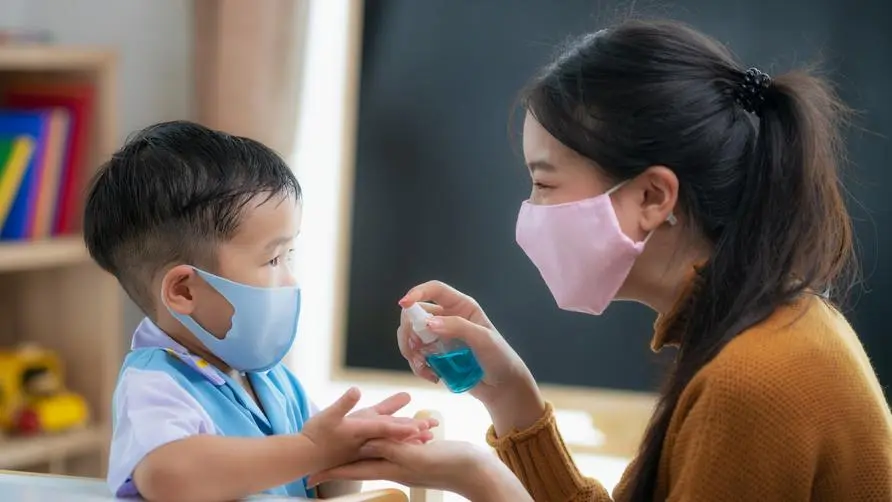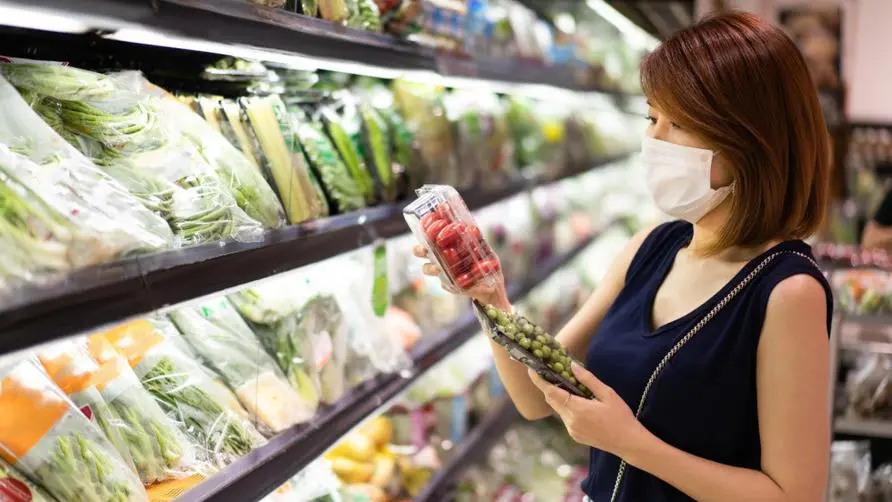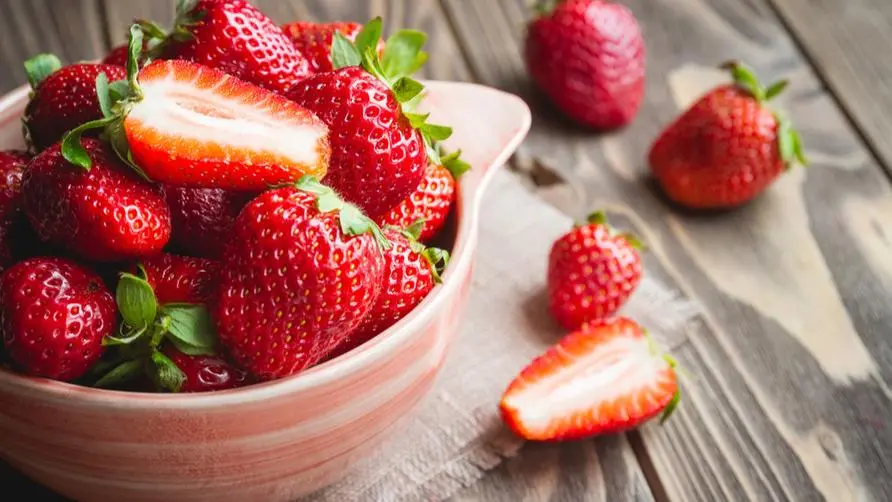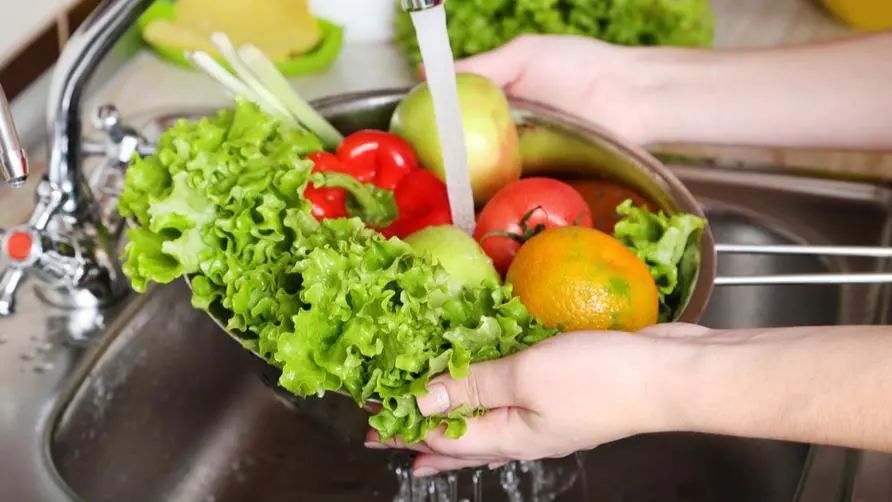Taiwan's fruits and vegetables have the most pesticides! A nutritionist teaches 3 principles for grocery shopping and 7 tips to reduce residues
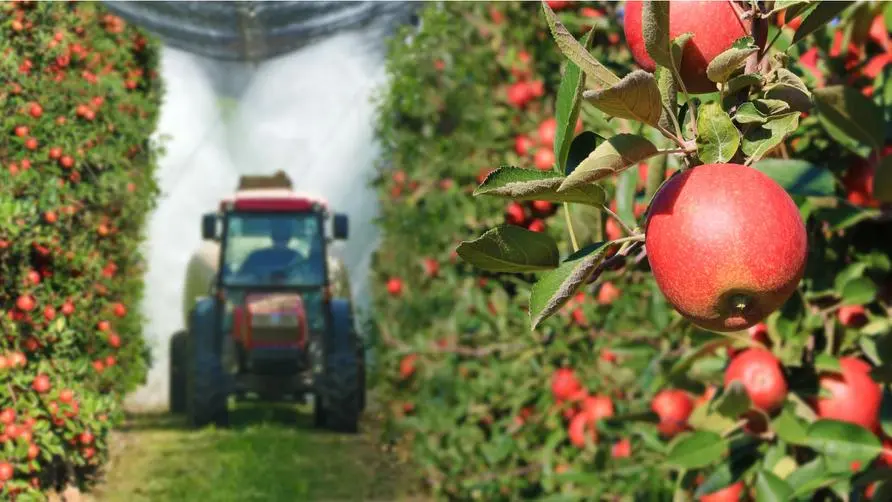
“It” tops the list of pesticide residues in fruits and vegetables. Is excessive intake likely to cause cancer, skin diseases, and nerve damage?
The Council of Agriculture recently announced the ranking of “Pesticide Residues in Vegetables and Fruits in Taiwan”. Among vegetables, peas ranked first, followed by celery and radish, respectively. Among fruits, passion fruit had the highest failure rate, followed by longan and willow. Orange and “strawberry”, which most people believe have the highest pesticide residue rate, ranked seventh.
The U.S. National Institutes of Health has pointed out that excessive human exposure or ingestion of pesticides may lead to skin diseases, gastrointestinal diseases, damage to the nervous system, carcinogenesis, reduced cardiopulmonary function, and decline in reproductive and endocrine functions in the long term. Since the impact of pesticides on the human body is clear, what methods can be used to reduce pesticide residues?
Don’t buy these fruits and vegetables! Nutritionist teaches “Three Purchasing Principles”
Nutritionist Cheng Hanyu pointed out in a social post that if you don’t want to consume excessive amounts of pesticides while enjoying fruits and vegetables, you should follow the “three major principles” in your daily purchasing, and you can prioritize filtering fruits and vegetables with excessive pesticide residues:
Buy fruits and vegetables that are in season. Nutritionist Cheng Hanyu said that pests and diseases of seasonal fruits and vegetables are often easy to control, and the amount of pesticide residues is relatively small. In addition, the appearance and taste of seasonal fruits and vegetables are better than those of other seasonal fruits and vegetables, so it is recommended that the public give priority to purchasing.
Identify agricultural product certificates. Many pesticide-free fruits and vegetables on the market are equipped with “production traceability barcodes” or labels such as CAS excellent agricultural products and TA agricultural products with production and sales records. The public can scan the QR CODE for further identification and understand producers’ requirements for the safety and quality of fruits and vegetables.
Avoid eating wild vegetables. Wild vegetables grown beside field ridges, under orchards or along roads are often considered safe as there are few problems with the addition of chemical pesticides. However, nutritionist Cheng Hanyu reminded that although these wild vegetables do not contain pesticide residues, there are still concerns that they have been exposed to contaminants, or they may be highly toxic. It is recommended not to eat or cook them at will.
“7 types of fruits and vegetables” can be cleaned with low chemical pesticide residues
In addition to identifying the sources of fruits and vegetables, nutritionist Cheng Hanyu also shared the cleaning measures after purchasing fruits and vegetables. Generally speaking, “flowing water” is used as the cleaning principle, and the following 7 methods are adopted according to the different types of fruits and vegetables:
For leafy vegetables: such as spinach and amaranth, first cut off the roots, then pick off each leaf and clean the concave surface.
Fruits and vegetables: such as bell peppers and eggplants, rinse with running water and remove the stems.
Vegetables: such as bitter melon and courgette. After cleaning, use a small brush to clean the concave surface, and finally remove the stem.
Cabbage: such as cabbage and Chinese cabbage, remove the outer leaves and then pick off each leaf, and wash each leaf with running water.
Bean vegetables: such as peas and green beans, wash and peel off the heads, tails and old strands.
Berries: such as grapes and strawberries, clean the fruits and remove the stems one by one.
Fruit peels: Nutritionist Cheng Hanyu said that many people neglect to wash fruits that can be eaten without peeling them, which is actually a wrong behavior. Fruits such as citrus, banana, passion fruit, etc. still need to be washed with running water before eating.
Nutritionist Cheng Hanyu said that just because fruits and vegetables fail pesticide inspections, it does not mean they are “poisonous” and cannot be eaten. When purchasing, you can reduce most pesticide residues by purchasing fruits and vegetables in season, recognizing the certification marks, and washing, peeling, shelling, destemming, and cooking in running water before consumption.
Further reading:
